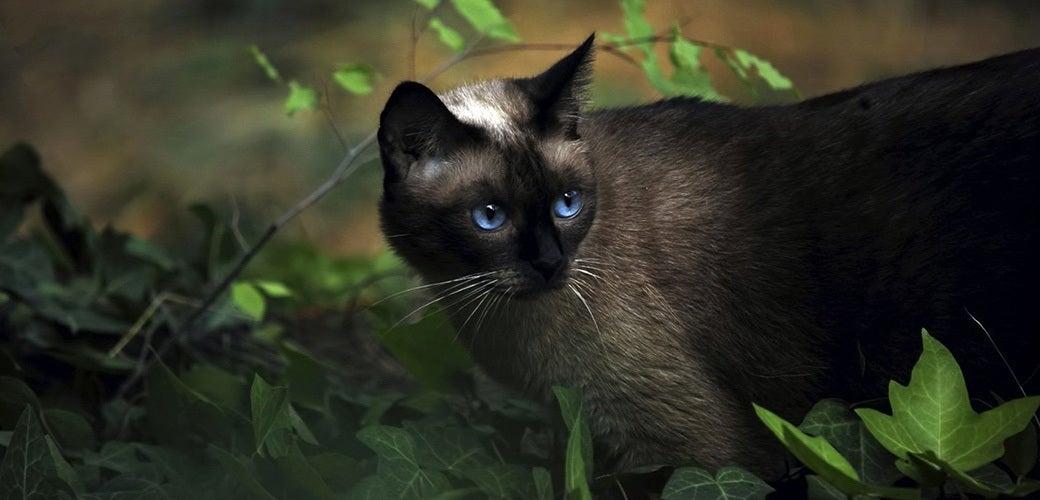
How do we stop the fighting and the abscesses?

We don't like to see our cats fighting, especially when they come back with the marks to show for it. What can we do to help stop our cats fighting?
Around this time of the year it’s cold and it’s wet. Everything slows down a bit and your moggies are spending a lot of time sleeping on the bed doing little else. This is where the problems can start….
Just after you drop off to sleep, snoozing Fluffy slides to the floor and heads for the cat door. As he emerges from the small opening into the darkness outside he shakes his claws, loosens up his shoulders and turns into a lean mean fighting machine. As soon as there is a break in the rain and the moon comes out it’s business as usual. Establish the territory, set-up a boundary perimeter and start a regular patrol. At some point the enemy makes contact and it’s all on. The familiar howling and screeching pierces the night as the cats fight for pride and territory and at some point you’re up shouting out the back door into the darkness.
The next morning there he is curled up on the sofa again. Relaxed. Context. Asleep.
However, if he comes off second best he’ll have deep bite wounds that will cause discomfort and pain. Then the infection sets in. If an abscess results that can lead to an expensive operation at the vets and there’s not much you can do about it. Although, it’s always a relief if you have pet insurance to help the bill.
How do we stop the fighting and the abscesses? If you cat tends to be the loser of most of these dust-ups then there are some solutions to the problem. We can look for ways to discourage them from wanting to put up their fightin’ paws in the first place. Often anxiety is part of the problem. Anxiety comes from being picked on, trying to stay Top Cat or changes to the environment. Sometimes however, it’s unfortunate that the local neighbourhood cats really are just more aggressive and tough.
Try using Feliway, the synthetic pheromone that helps your cat to chill out a little and stop thinking he has to make a big difference in the world. The plug-in diffuser can provide a month of treatment. It can be extremely effective. Call it anti-aggression aromatherapy.
If that doesn’t help there are veterinary dispensed “chill pills” that can do a very good job of reducing anxiety and the desire to go out and fight.
Around home you may associate changes that have occurred recently with changes in your pets’ behaviour. For example house renovations, re-carpeting or the presence of builders or trades people. This can sometimes upset a cat and anxiety can push their behaviour into the antisocial category that is displayed by urine spraying or increased aggression.
If all else fails and your special furry friend continues to fight and get bitten then you may have to resort to a time honoured tradition…. Curfew. It’s not ideal but one way to stop them fighting is to keep them inside for the whole night and let them out in the morning. Sounds a bit drastic but the frustration might be worth it…. for both Fluffy’s health and the savings in vet bills.
Remember that whether you keep your cat inside or not overnight it is important at this time of the year to consider providing a litter tray and bowls of water for them to use. A lot of cats are reluctant to go outside when the weather is bad unless they really have to. This means they don’t go to the toilet as often as they should. They are then prone to Lower Urinary Tract Disease which can be a very painful and debilitating condition for females and potentially fatal for males if their bladders get blocked.
So be sure to spend some quality indoor time with Fluffy this winter and keep an eye on his habits during the upcoming cold nights!
Thanks to Nick Purdon (B.V.Sc) of St Lukes Veterinary Clinic for contributing this article.

